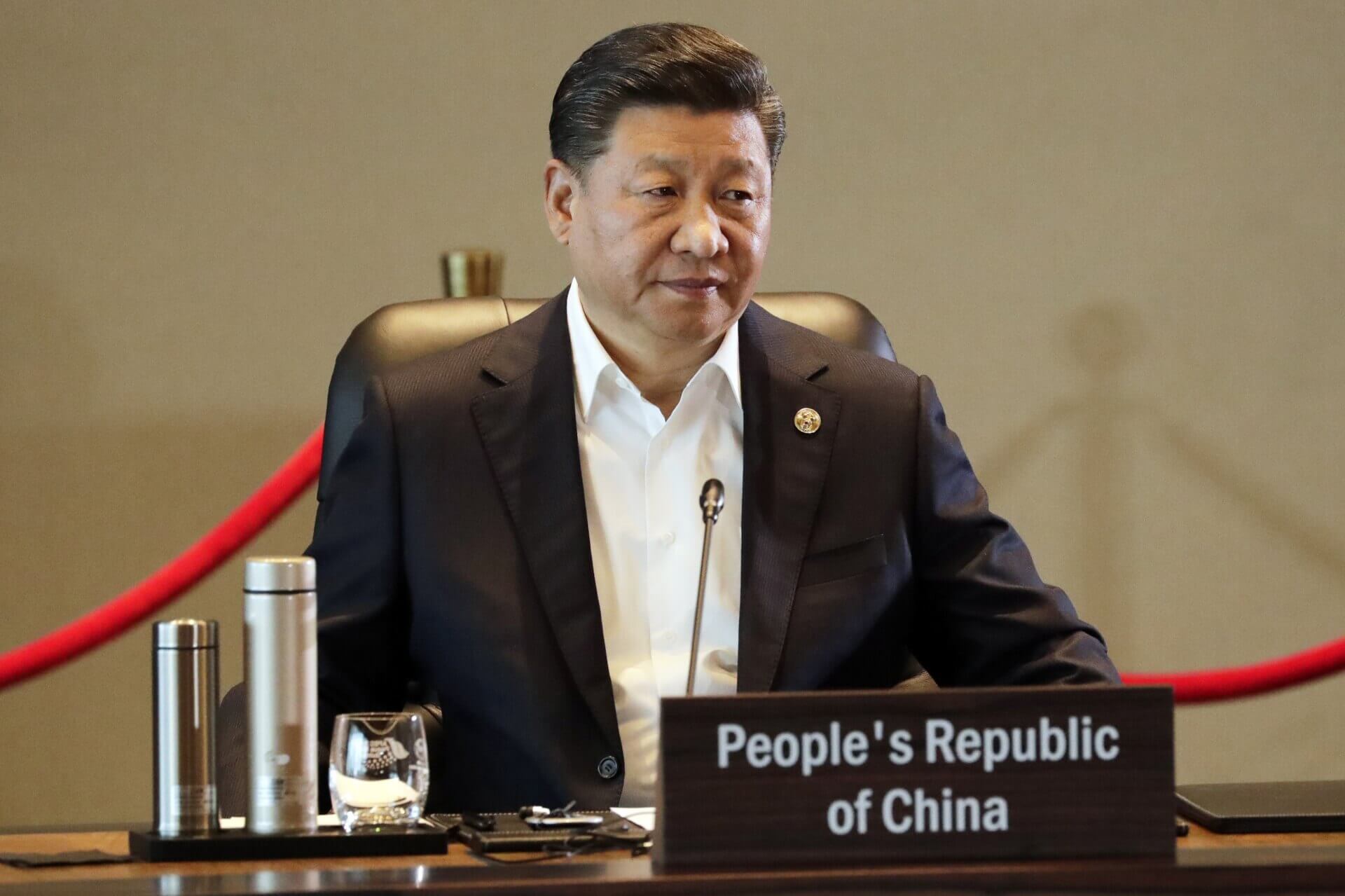During his address at the yearly summit of the Asia-Pacific Economic Cooperation (APEC) forum, Chinese President Xi Jinping warned of a revival of Cold War-like tensions in the region and underscored the need to avoid confrontation.
The conference is being hosted by New Zealand. APEC sees the participation of several countries that have an inherent interest in the region and includes the United States, Taiwan, Russia, and Australia, among others.
Xi underscored the role played by the Asia-Pacific in driving the global economy and hailed the region’s ability to overcome the challenges posed by the COVID-19 pandemic.
The Chinese leader said, however, that the region needs to stay committed to “forward-looking” policies that reject discrimination and exclusion of others. He warned against the creation of “ideological” and “geopolitical” lines in the region, which he claimed would inevitably fail, before warning: “The Asia-Pacific region cannot and should not relapse into the confrontation and division of the Cold War era.”
Instead, he suggested that global efforts should be focused on combatting the impact of the COVID-19 crisis. To this end, he proposed that the global community cooperate in areas such as “testing methods, treatment medicine and the research, development, production and mutual recognition of vaccines to truly create synergy against COVID-19.”
Xi also spoke of the need to further “green transition” for the region’s post-pandemic recovery. He said, “We need to follow the principle of common but differentiated responsibilities and deliver on what was agreed upon in the Paris Agreement on climate change and at the 15th Meeting of the Conference of the Parties to the Convention on Biological Diversity.” In this regard, highlighted the need for developed economies to take up a bigger role in climate action and assist developing countries through funding and technological support.
Furthermore, Xi highlighted the role played by China’s economic development in facilitating cooperation and economic opportunities in the Asia-Pacific.
The Chinese President also applauded the Regional Comprehensive Economic Partnership (RCEP) and the Comprehensive and Progressive Agreement for Trans-Pacific Partnership (CPTPP) for advancing innovation and economic cooperation in the region. These remarks as seen as another indication of China’s deep interest in joining the CPTPP, having recently submitted an application.
Xi further highlighted his commitment to “promoting win-win cooperation” in the Asia-Pacific region by declaring: “China will continue to practice true multilateralism, uphold the WTO-centered multilateral trading system, take an active part in global economic governance and promote the building of an open world economy.”
Xi’s warning of Cold War-like tensions in the Asia-Pacific is a reference to the AUKUS alliance, which sees the participation of Australia, the United Kingdom (UK), and the United States (US). In fact, following the announcement of the alliance, the Chinese embassy in Washington said that “the US, the UK, and Australia needed to shake off their Cold War mentality and ideological prejudice.” A spokesperson said, “They [countries] should not build exclusionary blocs that harm the interests of third parties.”
The new trilateral partnership allows Australia to build at least eight nuclear-powered submarines with the technology shared by the US and the UK. The agreement also allows for the sharing of other advanced technologies such as unmanned undersea vessels, artificial intelligence, long-range missiles, and offensive cyber capabilities.

